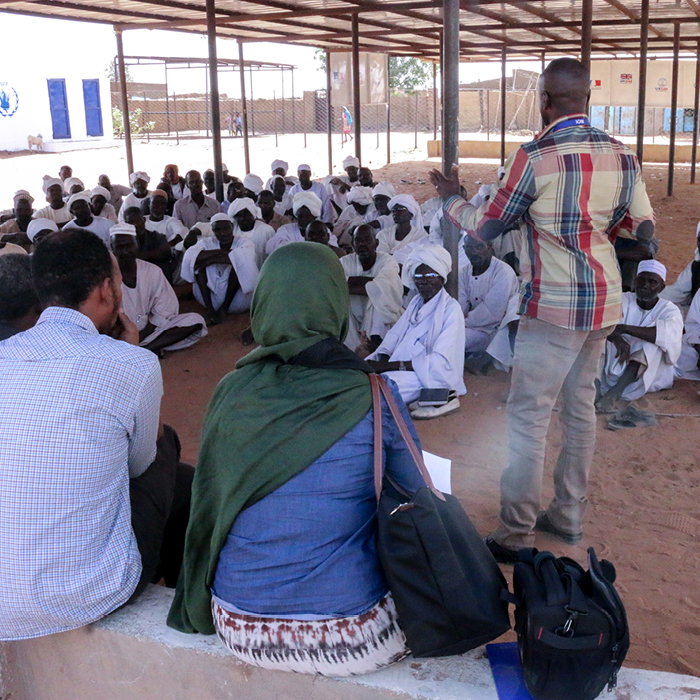Displacement profiling exercises have many applications, whether it be to establish an evidence base for the design of national legal frameworks, urban planning or the pursuit of durable solutions. They are also useful in ways that go beyond the data they produce. Their collaborative nature generates consensus and fosters a culture of working together that is vital in the undertakings they seek to inform.

JIPS has supported a number of profiling exercises to inform the development of national legal frameworks and other policies on or related to internal displacement. As well as establishing an agreed-upon evidence base for such undertakings, the collaborative nature of profiling has helped to unite a broad range of stakeholders behind such complex and lengthy processes.
JIPS has adapted its profiling experience to address the unique logistical, methodological, political and security challenges of carrying out exercises in urban settings. Such undertakings are tailored to help identify IDPs from the broader urban poor, and to examine not only the vulnerabilities and capacities of both displaced and non-displaced populations, but also the strengths and weaknesses of urban systems more broadly.

Most IDPs need support from a broad range of stakeholders to achieve durable solutions, and as such profiling exercises are particularly useful in informing interventions. They take a comprehensive, cross-thematic approach that incorporates the various aspects of durable solutions into a single analysis, and their collaborative nature helps to foster the culture of working across the humanitarian-development-peacebuilding spectrum necessary for an effective response.
Profiling exercises help to build consensus in three main ways.